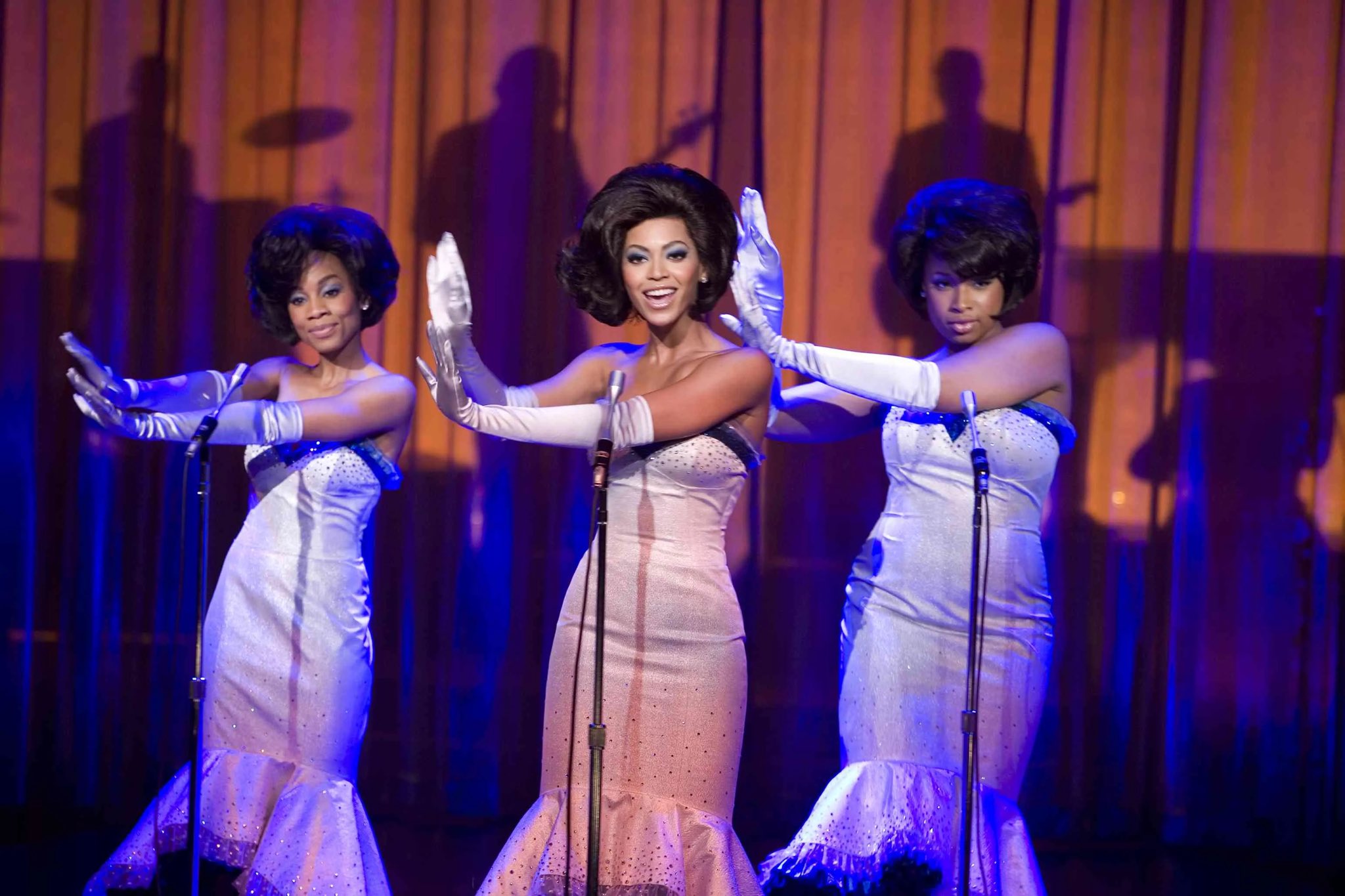It’s been a bumpy road for “The Color Purple” since its release in December. While it has performed well at the box office, the film was snubbed by the Oscars. It only received one nomination for supporting actress, getting shut out of the best picture category. Stars Fantasia Barrino and Taraji P. Henson also received no nominations. Prior to awards season, the movie faced criticism about it being a musical. Many people missed the memo that it was an adaptation of the Broadway stage play, featuring plenty of music. Some argued that the intense subject matter in the film: rape, incest, abuse, colorism, misogynoir, didn’t call for song.
Perhaps these critics didn’t take into account that Black people have always used song to cope with trauma. From slavery to segregation, song has been a form of protest and encouragement against a barrage of hate. Song is also used daily in lighter times to entertain, soothe or connect.
If you found yourself appreciating the musical nature of the latest “Color Purple” adaptation and craving more, consider viewing these other Black musicals.
The Wiz, 1978
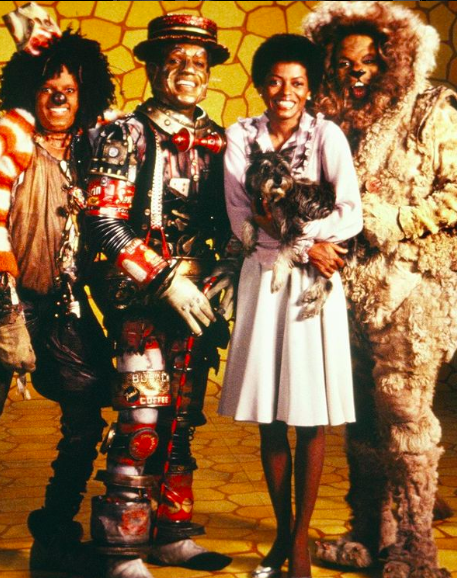
Adapted from the 1975 Broadway play, “The Wiz” follows a teacher transported from Harlem to the land of Oz. On her way back, she befriends a scarecrow, tin man and lion that teach her important lessons for the journey. This film adaptation was not only star-studded in its on-screen cast, there were some real heavy hitters composing as well. Quincy Jones, Nickolas Ashford and Valerie Simpson, and a then up and coming Luther Vandross all wrote original music for the movie. The film became a cult classic, particularly among Black audiences.
Dreamgirls, 2006
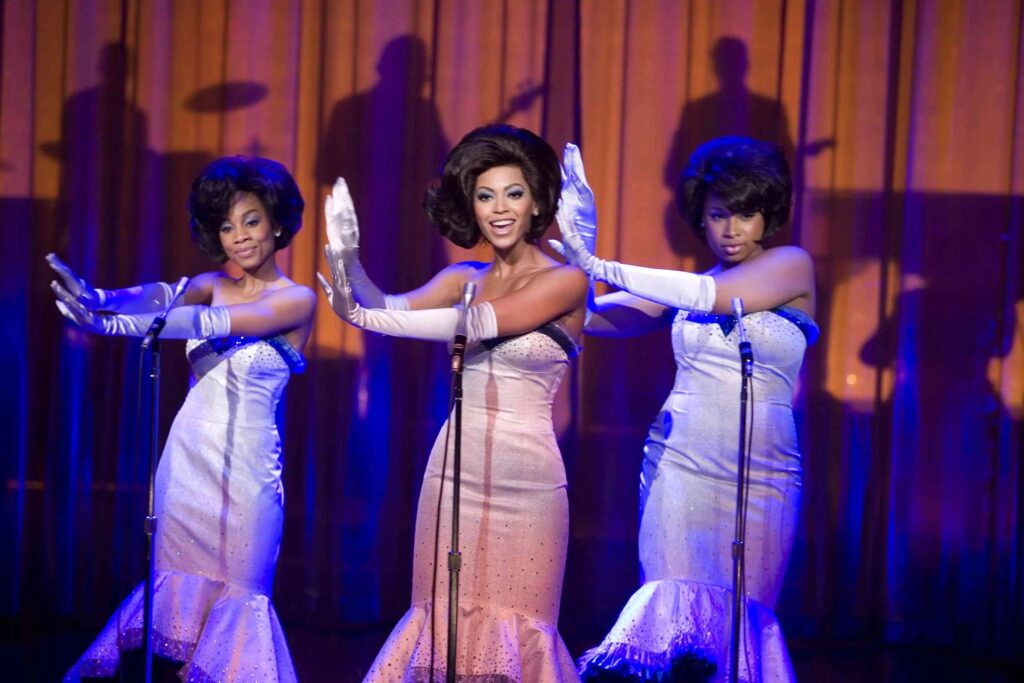
In 1981, three dark-skinned Black women, (Sheryl Lee Ralph, Loretta Devine and Jennifer Holliday) forever changed Broadway as they portrayed glamorous pop stars. “Dreamgirls,” loosely based on The Supremes, was adapted for film in 2006. The movie follows the rise of a girl group from Detroit. In their quest for fame, the women face racism, the drama of mixing business and pleasure, selling out and ultimately reuniting. Just like the original Broadway play, the film version struck a chord with viewers and critics alike. It received a standing ovation during its premiere in December 2006. Three of the film’s original numbers received nominations for Best Song at the Academy Awards. And Jennifer Hudson won an Oscar for her role as Effie White.
Purple Rain, 1984
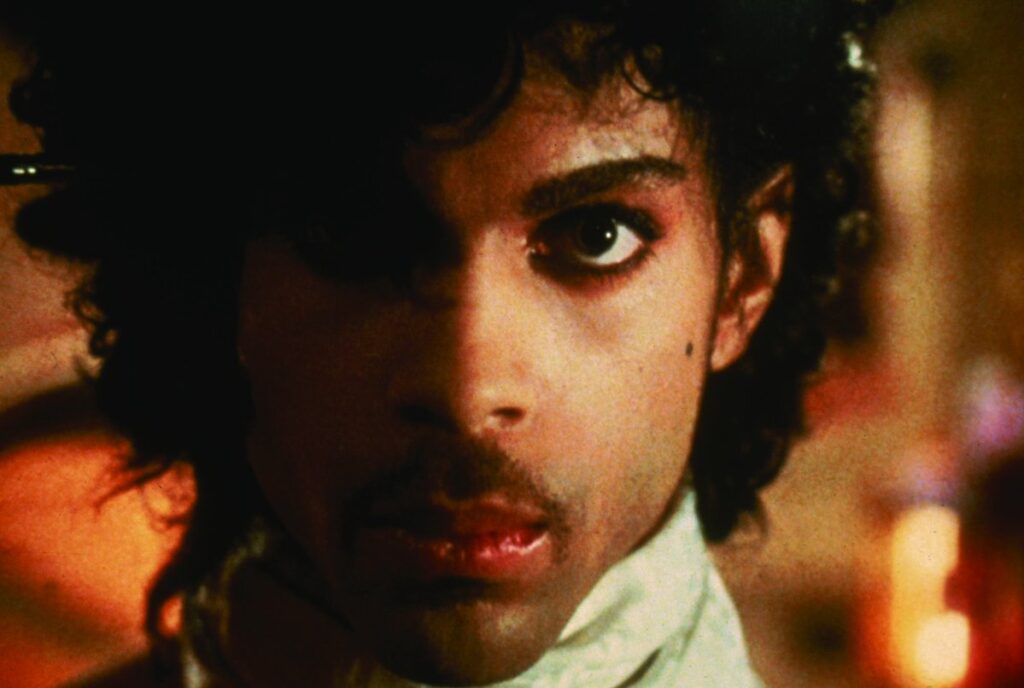
The music and story of “Purple Rain,” it’s hard to separate the two. The 1984 project likely produced one of, if not thee best film soundtrack of all time. The film, punctuated by original songs written/performed by Prince, tells the story of The Kid, a local Minneapolis-based musician looking to escape his abusive father. The movie, known more the music than the story, produced two chart-topping singles, gave Prince his first number one album. “Purple Rain” would become one of the best selling albums of all time. The title song also won a Grammy for Best Album of Original Score Written for a Motion Picture. The film was later inducted into the National Film Registry to be preserved for posterity.
Carmen Jones, 1954
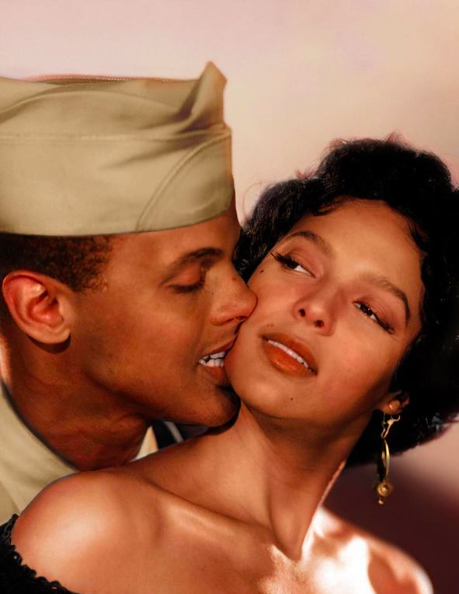
Like, “The Wiz,” Carmen Jones was initially a Broadway revision of the original 19th opera “Carmen.” Oscar Hammerstein’s 1943 version featured an all-Black cast living during the World War II era. The film, which starred Dorothy Dandridge and Harry Belafonte, is a story of a seductive siren who seduces an army Corporal engaged to be married to another woman. The two find themselves intertwined after Corporal Joe (Belafonte) is assigned to take Carmen to jail for fighting a fellow employee. Despite his initial loyalty to his fiancée, Carmen is able to woo Joe before escaping to avoid jail time. The two are involved in a back and forth love-triangle before Carmen ultimately meets her demise at the hands of her former lover. But before that tragic end, Carmen offered audiences some truly iconic moments, including everything from Carmen’s costume to the toe-nail painting scene.
The Five Heartbeats, 1991
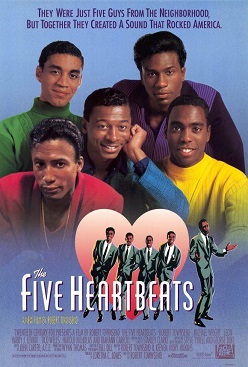
“The Five Heartbeats” takes inspiration from the lives and careers of several artists including The Dells, James Brown, Frankie Lymon and The Temptations. The film tracks the decades-long journey of a once close knit R&B group. We watch as the five men navigate the highs and lows of the music industry during the Motown era. The characters deal with drug use, disloyalty and more. Ultimately, hardened and then softened by life, the group reunites in their personal lives, able to celebrate all they’ve accomplished. The film was so well done, me and some of my peers thought this was a true story.
School Daze, 1988
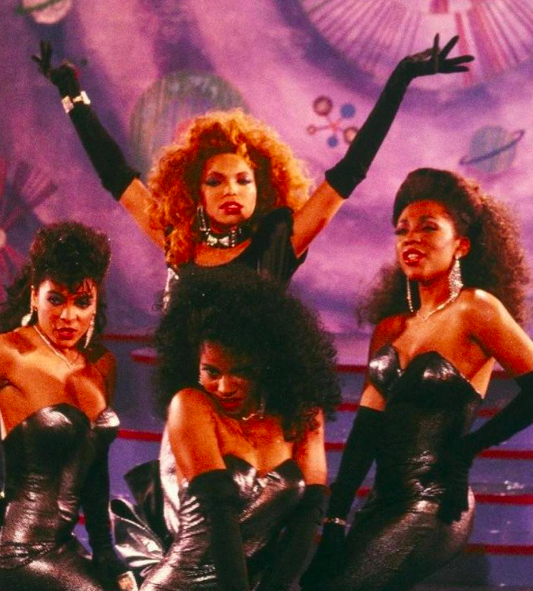
There was so much social commentary taking place in Spike Lee’s “School Daze,” that it’s easy to forget that it’s a musical. The movie shows the lives of Black Greek life on an HBCU campus. It features musical numbers like “Be Alone Tonight,” “I’m Building Me a Home,” and “Straight and Nappy.” The film’s concert scene, featuring EU’s “Da Butt” even produced a Billboard chart-topping single.
Sister Act 2, 1993
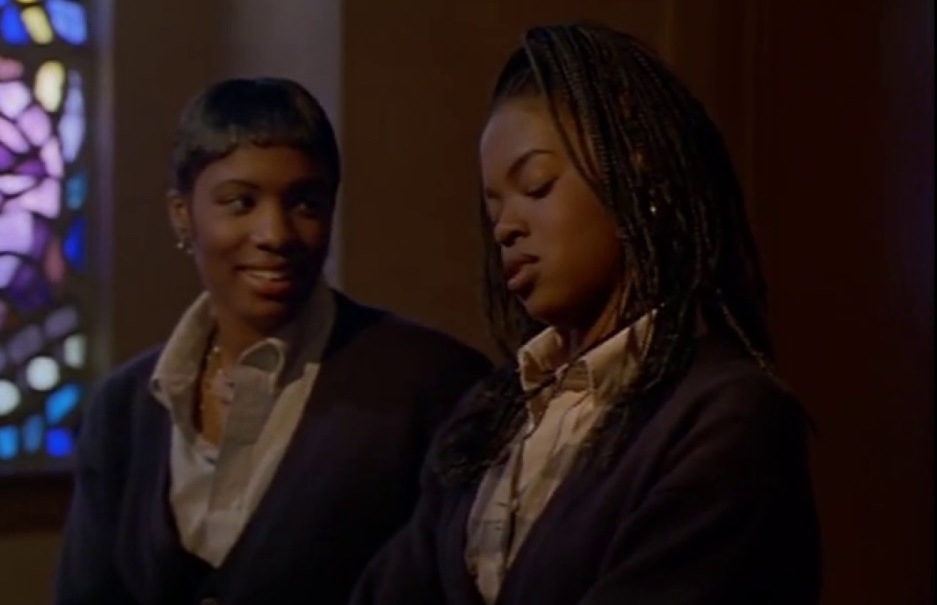
If there was one musical that united Black millennials across various backgrounds, it was “Sister Act II.” Unlike other popular movies starring predominately Black casts, it features troubled teens in a Catholic school, singing gospel music. So many of us were able to watch and enjoy because of the family-friendly storyline. But what made the movie so memorable and near and dear to our hearts was the music. The nuns had bops. We marveled at Ryan Toby’s range. There was a showcasing of Black girl harmony with Tanya Blount. And we felt the breadth and depth of Lauryn Hill’s voice and stage presence.
